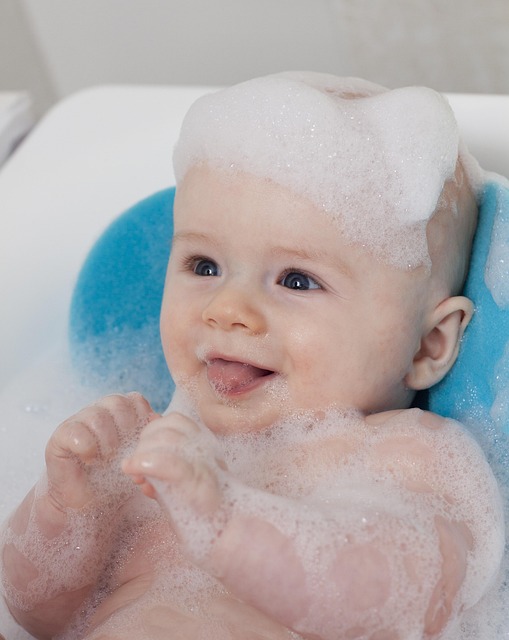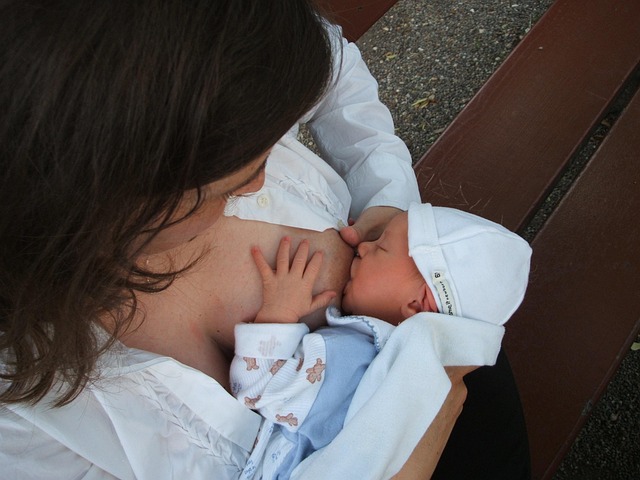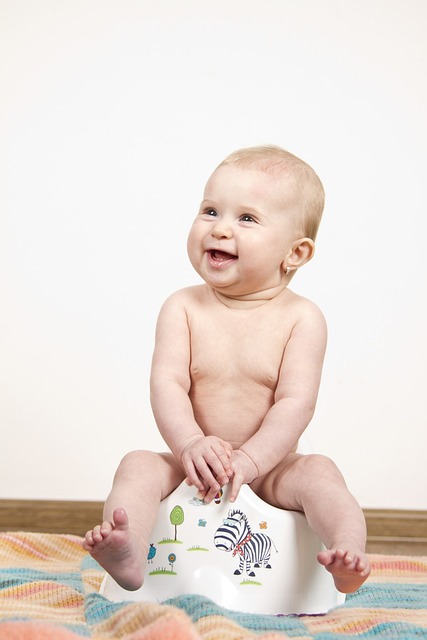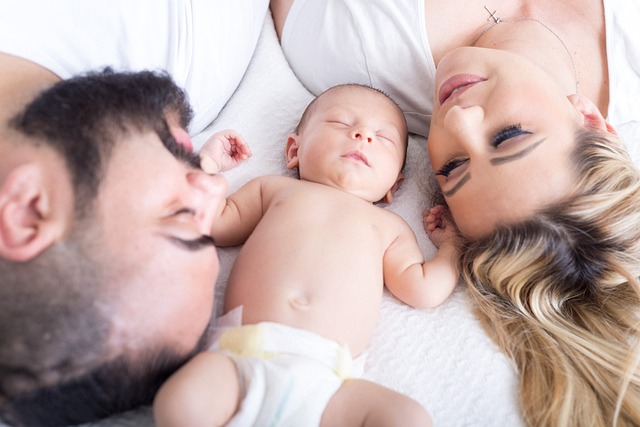Babies health & daily care for new parents
Introduction
Becoming a new parent Babies health & daily care is an exciting yet overwhelming journey. You want to do everything right, but with so much information out there, it can be hard to know where to start. This guide covers everything you need to know about your baby’s health and daily care to help you feel confident and prepared.
Understanding Baby Health Basics
Importance of Baby Health
Your baby’s immune system is still developing, so their health needs extra attention. Proper care ensures they grow strong and healthy. (Babies health & daily care)
Common Health Concerns in Newborns
From jaundice to colic, newborns experience a variety of minor health issues. Understanding these conditions can help you manage them effectively.
Essential Daily Care Routine

Bathing and Hygiene
Babies don’t need daily baths—two to three times a week is enough. Use lukewarm water and gentle baby soap to avoid skin irritation.(Babies health & daily care)
Skin Care for Babies
Baby skin is delicate. Moisturize daily and use fragrance-free products to prevent rashes and dryness.
Feeding Your Baby

Breastfeeding vs. Formula Feeding
Breast milk provides essential nutrients and antibodies. However, formula is a great alternative if breastfeeding isn’t possible. (Babies health & daily care)
Introducing Solid Foods
Around six months, you can start introducing mashed fruits, vegetables, and cereals while watching for allergies.
Baby Sleep Guide

How Much Sleep Does a Baby Need?
Newborns sleep 14–17 hours a day. Establishing a bedtime routine helps them develop good sleep habits.
Safe Sleep Practices
Always place your baby on their back to sleep, use a firm mattress, and avoid loose bedding to reduce the risk of SIDS.
Diapering and Potty Training

Choosing the Right Diaper
Cloth or disposable? Both have pros and cons, so choose what works best for your family. (Babies health & daily care)
When to Start Potty Training
Most babies are ready for potty training between 18–24 months, but each child is different.
Baby’s Immunization Schedule
Vaccines protect against serious diseases. Follow your pediatrician’s recommended schedule to keep your baby safe.
Handling Common Illnesses
Fever and When to See a Doctor
If your baby has a fever over 100.4°F (38°C), consult a doctor immediately.
Cold and Flu in Babies
Hydration, rest, and saline drops can help. Avoid over-the-counter meds unless prescribed.
Baby Safety Tips
Babyproofing Your Home
Cover sharp edges, use safety gates, and keep small objects out of reach. (Babies health & daily care)
Safe Playtime Practices
Always supervise playtime and choose age-appropriate toys.
Baby’s Emotional and Social Development
Bonding with Your Baby
Skin-to-skin contact and talking to your baby strengthen your bond.
Recognizing Developmental Milestones
Smiling, rolling over, and grasping objects are early signs of development.
Teething and Oral Care
Start cleaning gums with a damp cloth. Introduce a soft toothbrush when teeth appear.
Encouraging Motor Skill Development
Tummy time helps strengthen muscles for crawling and walking.
Traveling with a Baby
Plan ahead, pack essentials, and ensure car seat safety.
When to Visit a Pediatrician
Regular checkups are crucial. Seek medical advice if you notice unusual symptoms.
Conclusion
Taking care of a baby may seem overwhelming at first, but with time and experience, it becomes second nature. Trust yourself, seek advice when needed, and enjoy every moment of this beautiful journey. (Babies health & daily care)
How often should I bathe my newborn?
Newborns only need a bath 2-3 times a week. Daily baths can dry out their skin
When should I start introducing solid foods?
You can introduce solid foods around six months, starting with soft, mashed fruits and vegetables.
How can I help my baby sleep better at night?
Create a bedtime routine, keep a consistent sleep schedule, and ensure a comfortable sleep environment.
How do I know if my baby is sick and needs medical attention?
Look for symptoms like fever, persistent crying, difficulty breathing, or unusual behavior. Always consult a pediatrician if unsure
What should I do if my baby has diaper rash?
Keep the area clean and dry, use diaper rash cream, and change diapers frequently.




Post Comment